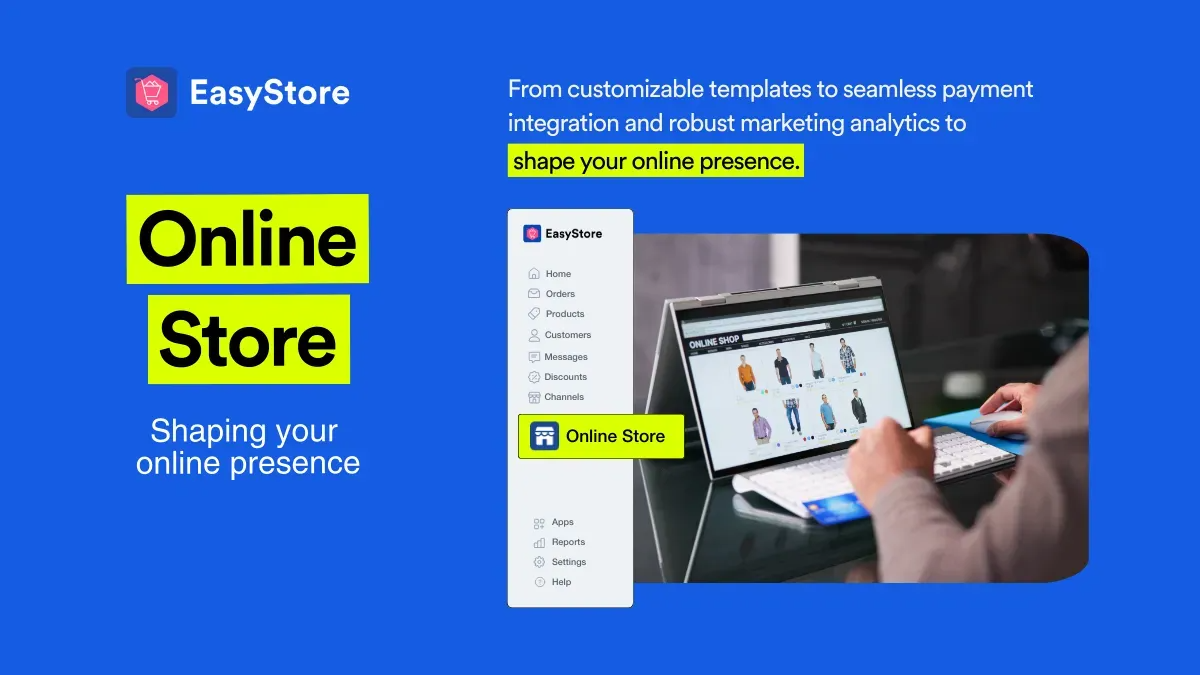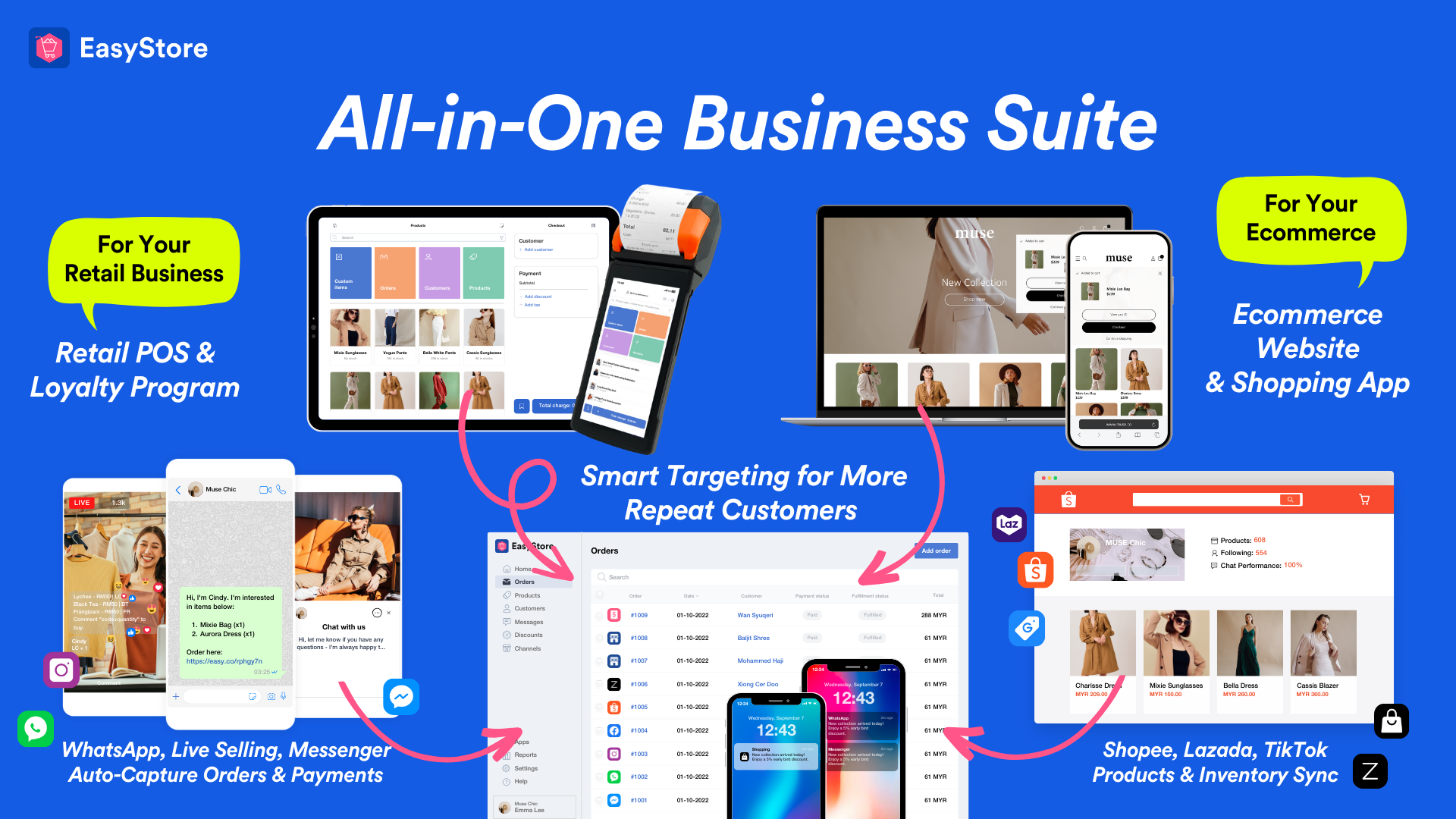Online Store vs. Marketplaces: A Guide on Customer Experience Strategy
By Kelie Wong · 2nd December, 2025
When deciding between an online store and a marketplace, it's essential to understand the key differences and advantages of each option.
The Role Of Online Store

An online store is essentially your brand's digital identity. It serves as a platform for sharing your brand story.
Typically, you gain full control over the design, shaping how customers experience and perceive your brand. It's also the hub for your products, inventory, customer database, and online presence.
Undoubtedly, online stores excel in offering a complete brand experience, but they still face challenges in increasing traffic and visibility especially for a newly established online store.
There are customers who prefer shopping at the online store for a few reasons: 84% of consumers believe that having an online store makes a business more credible than just a social media page, and 75% of consumers admit to making judgments on a company's credibility based on its online store design.
Characteristics of Online Store Customers
- Brand Loyalty: Show strong preference and loyalty towards specific brands or online stores. They are more inclined to browse through your online store to learn about your brand.
- Exclusive Products: Attracted to unique or exclusive products that are not available on marketplaces.
- Personalized Experience: Value personalized shopping experiences and targeted recommendations from the store.
- Customer Service: Prefer enhanced customer service and direct communication with the brand for support and inquiries.
- Planned Purchases: Tend to make more deliberate, planned purchases with a focus on quality and brand reputation. Pleasant first purchase experience is key to driving higher repeat purchase rate.
The Role Of Marketplaces

A marketplace is a platform where multiple sellers list their products or services, such as Shopee, Lazada, Zalora and PG Mall.
Marketplaces offer access to a large, established customer base, which can be particularly beneficial for new businesses looking to gain visibility quickly.
They handle many logistical aspects, such as payment processing and customer service, allowing you to focus on product quality and inventory.
However, competition can be fierce, and you may have less control over branding and customer interactions. Additionally, marketplaces often charge fees or commissions on sales.
Characteristics of Marketplace Customers
Preference for Variety: Seek a wide range of products from multiple sellers in one place.
- Price Sensitivity: Look for the best deals, discounts, and promotions, often comparing prices across sellers.
- Reliance on Reviews: Depend heavily on aggregated customer reviews and ratings for decision-making.
- Trust in Platform: Trust the marketplace platform’s security, reliability, and customer service.
- Impulse Buying: More likely to make impulse purchases due to frequent promotions and cross-selling opportunities.
Chicken or The Egg
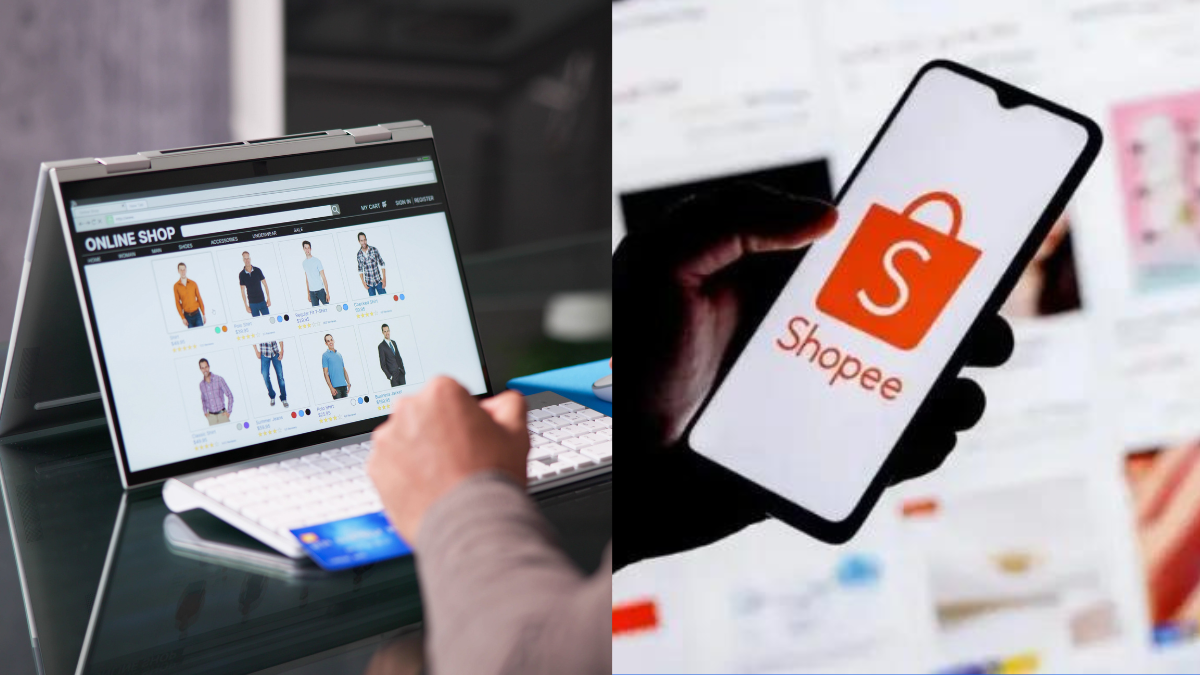
Should you first establish an online store to build brand identity and a customer base, or start by selling on a marketplace to gain immediate access to a large pool of potential customers and generate sales?
Ultimately, no single sales channel can achieve everything. However, you can get the best of both worlds by unifying the customer experience across all channels.
But, you get the best of both world by unifying the customer experience across all the channels.
Shape Your Brand Presence With Online Store
If long-term branding and customer experience are critical, opt for a branded online store. Use it to:
- Share your brand story: Your online store provides a safe space to share your brand story. You have full ownership of the design, allowing you to craft the customer experience and perception of your brand.
- Establish your identity: Utilize a branded domain to set yourself apart. Customers often prioritize lower price points, making branding a challenge. They may not consider the seller, focusing instead on platforms like Shopee or Lazada. This underscores the importance of standing out through branding.
- Create a unique shopping experience: Marketplaces offer limited control over the store's appearance, making it challenging to differentiate. Additionally, promotional options may be restricted, and sellers risk penalties. With your online store, you can easily edit and update without coding skills, providing a unique and dynamic experience for customers.
- Capture potential customers: Statistics show that customers on marketplaces tend to prioritize lower prices. An online store breaks this cycle, allowing you to position your brand beyond just being the cheapest option in town, which can impact profitability positively.
- Nurture loyal customers: Implementing a member mobile app enables seamless ordering and repurchasing. It also serves as a digital membership card for in-store recognition, fostering a personalized shopping experience online and offline.
If you're ready to create your online store in just 1 day, we've prepared a 10-Step Express Guide to help you get started, click here to get started.
Online Store x Marketplace To Sell More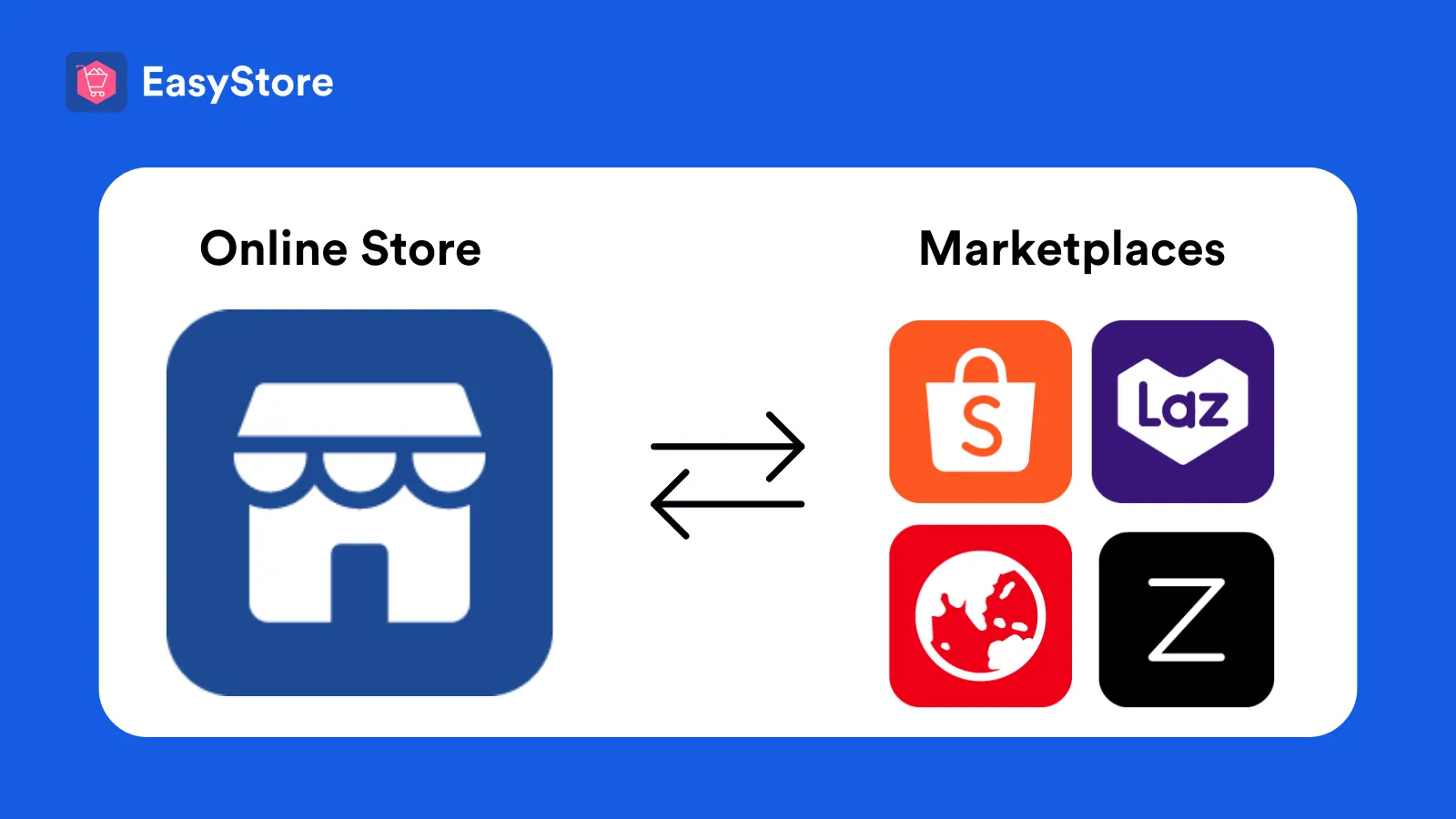
- Sync products, inventory and orders: No more double work to input product, just add into EasyStore online store and sync products and inventory into marketplaces with EasyStore integration tools.
- Gain market exposure: The opportunity to sell in front of a massive number of visitors (30.2 million on Shopee) makes platforms like Shopee or Lazada essential for capturing brand awareness when starting a business.
- Diversify traffic: In many cases, you can use marketplace to attract customers for their first purchase. Then, include a Call to Action (CTA) in the form of physical card to direct customers to your branded online store to continue their journey.
- Leverage seasonal campaigns: Marketplaces excel in running seasonal campaigns, so be sure to leverage them in addition to your efforts on your online store.
Unified Commerce Solution
EasyStore is a unified commerce solution that unifies retail and ecommerce business.
Over 50,000 brands have grown their businesses by embracing unified customer experiences (UCX) strategy through EasyStore across multiple sales channels - online store, retail outlets, marketplaces, and social media, ensuring consistency in product and service offerings for a seamless shopping journey.
Embrace UCX and redefine your business success today
Discover how UCX can elevate your customer engagement with a truly unified journey for your customers, streamline operations, and drive growth across all channels.
Contact Usบทความล่าสุด
-

Supporting Small Businesses: EasyStore Collaborates with E3Hubs and AMBTY to Strengthen Malaysia’s SME Sector
By Chan Yu Xuan · 15th Jun, 2025
-

Why Malaysian Retailers Are Switching To EasyStore in 2025
By EasyStore Team · 15th Jun, 2025
-

10 Must-Try Features Before Your Trial Ends
By EasyStore Team · 15th Jun, 2025
-

Tech Meets Retail: EasyStore Showcases Tools That Power SME Growth
By Chan Yu Xuan · 15th Jun, 2025
-

June 2025 Product Updates
By Cavan Koh · 5th Jun, 2025
-
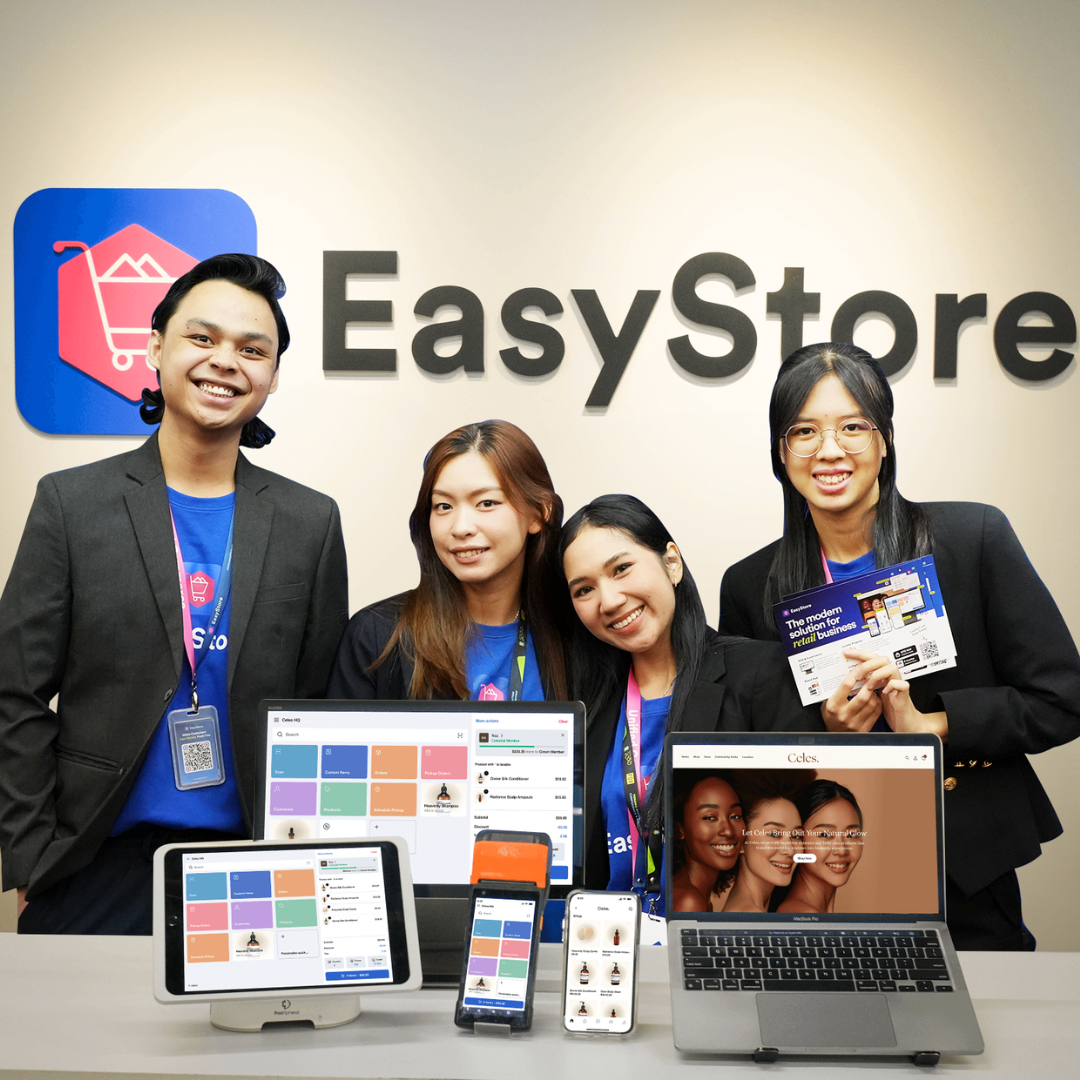
Getting Started with EasyStore
By EasyStore Team · 26th May, 2025
